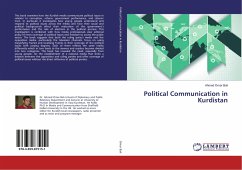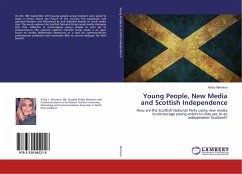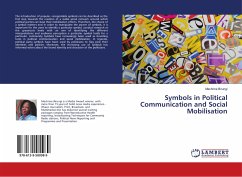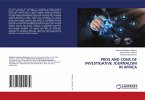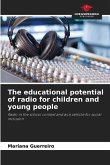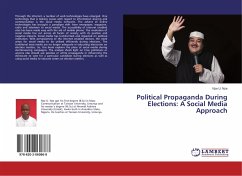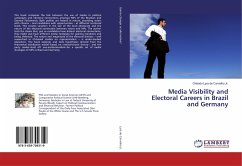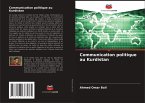This book examines how the Kurdish media communicate political issues in relation to corruption, reform, government performance, and citizens' trust. In particular it investigates how young people understand and respond to political issues across the media and how their social and political backgrounds affect their evaluation of the government's performance and the role of elections in the political process. This investigation is combined with how media professionals view editorial policy of news coverage of political issues and freedom to access the public sector. The book suggests that both the ruling party's media and the opposition media, particularly the television channels, focus on using magnifying frames and localising frames in their coverage of the political issues with varying degrees. Each of them reflects the same reality differently which in turn leads to the viewers and readers become divided into two categories. This book has revealed the need, especially from young people, for the establishment of a national media that strike a balance between the opposition and ruling parties and offer coverage of political issues without the direct influence of political parties.
Bitte wählen Sie Ihr Anliegen aus.
Rechnungen
Retourenschein anfordern
Bestellstatus
Storno

